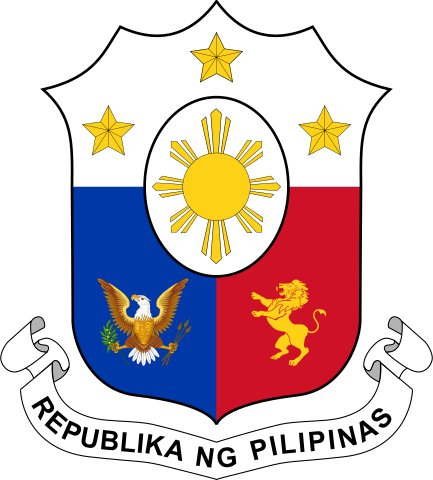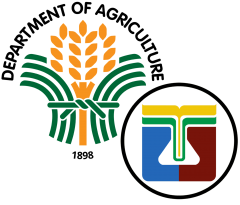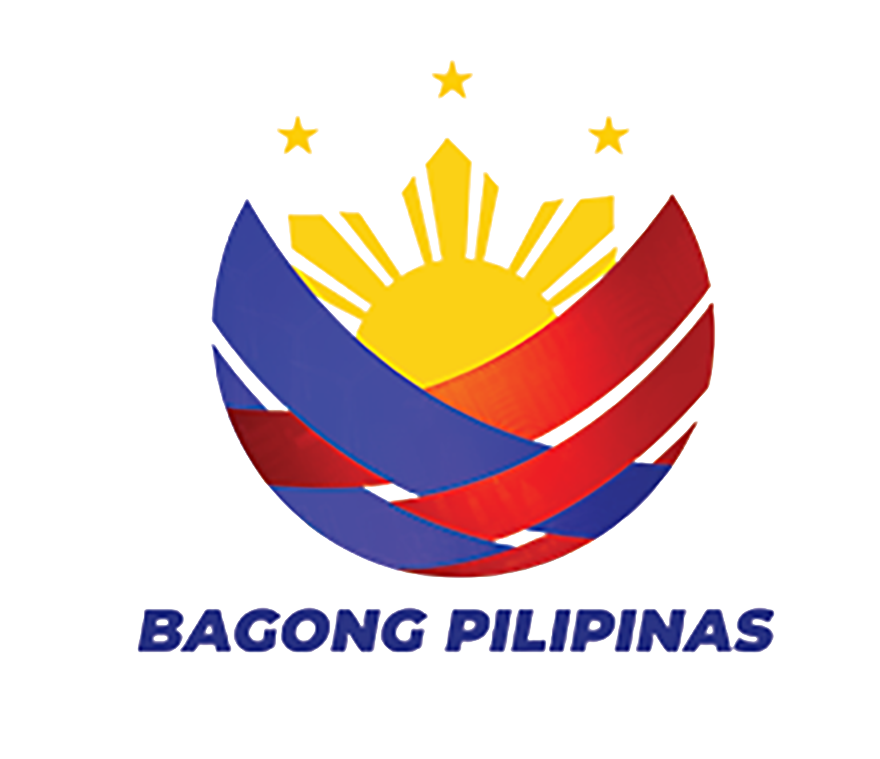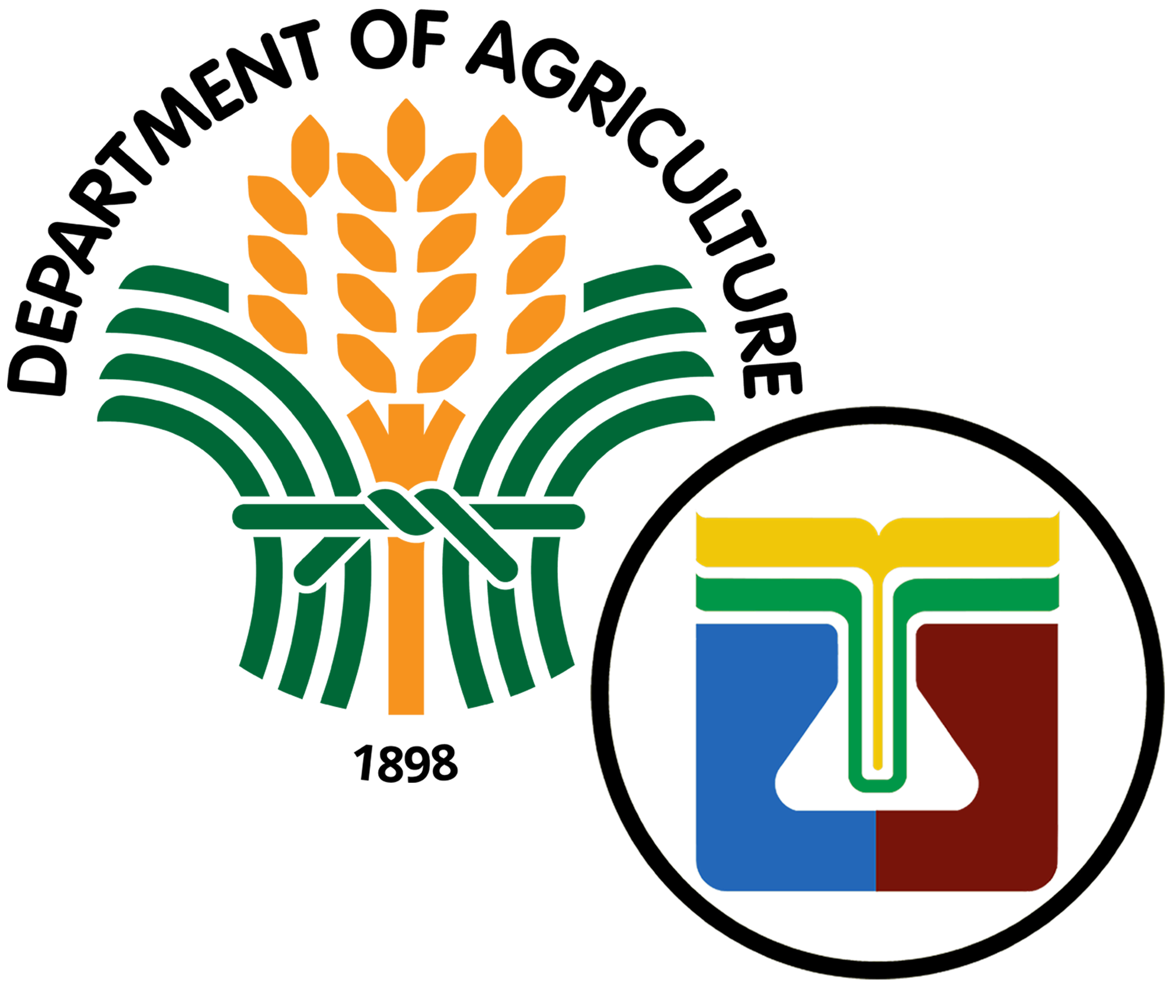Another milestone was reached by the Department of Agriculture Bureau of Soils and Water Management (DA-BSWM) for being elected to lead 24 Asian member countries of the Asian Soil Partnership (ASP) towards the achievement of the goals of the Global Soil Partnership (GSP) for the year 2021 to 2023 with OIC-Dir. Sonia M. Salguero at the helm to be its Chairperson.
The DA-BSWM has been actively participating in the ASP under the Food and Agriculture Organization (FAO) of the United Nations (UN).
The mandate of the GSP is to improve governance of the limited soil resources of the planet in order to guarantee agriculturally productive soils for a food secure world, as well as, support other essential ecosystem services, in accordance with the sovereign right of each State over its natural resources. In order to achieve its mandate, the GSP addresses five pillars of action to be implemented in collaboration with its regional soil partnerships.
The 5 pillars of action include:
- Promote sustainable management of soil resources for soil protection, conservation and sustainable productivity
- Encourage investment, technical cooperation, policy, education awareness and extension in soil
- Promote targeted soil research and development focusing on identified gaps and priorities and synergies with related productive, environmental and social development actions
- Enhance the quantity and quality of soil data and information: data collection (generation), analysis, validation, reporting, monitoring and integration with other disciplines
- Harmonization of methods, measurements and indicators for the sustainable management and protection of soil resources
The major contributions of the BSWM to these 5 Pillars are the following:
- For Pillar 1, a 20-hectare pilot model under the National Corn Program was established in 6 sites nationwide showcasing appropriate sustainable soil management practices and which empowers the Local Government Units (LGUs). A Philippine National Soil Conservation Roadmap is underway providing a 10-year outlook and direction on strategic actions focusing on soil degradation, reduce and mitigate on-going degradation and undertake restoration of degraded land and soils. BSWM Phils. Representative is Engr. Samuel M. Contreras, Chief of the Soil Conservation Management Division.
- For Pillar 2, the BSWM submitted to the Department of Agriculture a Draft Presidential Proclamation for the Philippine Observance of World Soil Day every December 5th of every year. This is with the hope of acquiring funds to the Philippine Soil Partnership through the BSWM being the agency that spearheads the country’s World Soil Day annually. BSWM Phils. Representative is Dr. Edna D. Samar, Chief of the Soil and Water Resources Research Division.
- For Pillar 3, under the research and development on organic agriculture program is the enhancement of soil ecosystem services through the Use of Cover Crops and Green Manure in Organic Production System which is being implemented since 2020 until 2024 by the BSWM’s National Soil and Water Resources Research Centers covering 3 Pedo-Ecological Zones in Bulacan for the lowland-uplands; in Rizal for the hillylands; and in Bukidnon for the highlands. BSWM Phils. Representative is Ms. Jacqueline S. Rojales, from the Soil and Water Resources Research Division.
- For Pillar 4 is the implementation of the National Soil Health Assessment Project Nationwide and the National Soil Sampling and Testing Project (NSSTP) for rice and corn growing areas is on its wrap-up stage. The NSSTPs outputs include the digital maps for elemental Nitrogen, Phosphorus, Potassium, pH and fertilizer guides; a handbook on matrices of fertilizer recommendations by Municipalities; and, prepared and harmonized soil information to the World Resource Base classification system and in conformity with the Soil Atlas of Asia. BSWM Phils. Representative is Mr. Dominciano D. Ramos Jr., Chief of the Soils Survey Division. Year 2014 to 2017 was then Chaired by retired BSWM employee Mr. Rodelio B. Carating on Soil Information, Pillar 4.
- For Pillar 5, the BSWM Laboratory Services Division (LSD) serves as the National Reference Laboratory of the GLOSOLAN thus, replicated the global network at the national level. The BSWM has established the Philippine National Soil Laboratory Network or the PHIL NASOLAN in 2019 with 28 member soil laboratories nationwide. BSWM leads the country to harmonize the soil analysis through Guidelines and Implementation of Presidential Decree 1435 on the Issuance of License to Operate-Soil Laboratory (LTO-SL) as authorized in accordance with Section 3 of the Department Circular No. 03 Series of 2019 on the updated implementing rules and regulations of PD no. 1435 and the DA Memorandum Circular No. 33 series of 2020 signed by DA Sec. William D. Dar, dated 27th October 2020.
Currently, Dr. Gina P. Nilo, the Chief of Laboratory Services Division of the BSWM, serves as the chairperson of the 24 member countries of the Asian Soil Laboratory Network (SEALNET) for 2019-2021, but before that, she served as the vice-chair (2017-2019), thus, bringing the Philippines through BSWM in the leadership. The Philippines took the lead in the authorship of the following Standard Operating Procedures (SOPs) for soil: 1) Organic Carbon by Walkley-Black Methods; 2) Electrical Conductivity; 3) Available P (Bray I and II Method); 4) Available P (Olsen Method) which are all published at the Food and Agriculture Organization website. Likewise, the PHIL NASOLAN was featured in the FAO website being the first to establish a National Laboratory Network. The video presentation on the story of the PHIL NASOLAN logo is much appreciated. This was produced by the Information Unit of the BSWM.
The ASP was established in February 2012 to enhance collaboration between member countries in the region. The partnership aims to facilitate knowledge exchange and overcome differences in information, capacity, investment and environmental challenges faced by countries across Asia. In this framework, national needs and priorities are translated into regional actions through the ASP implementation plan, which is revised at the yearly ASP plenary meetings.
The ASP member countries include Afghanistan, Bangladesh, Bhutan, Brunei Darussalam, Cambodia, China, DPR Korea, India, Indonesia, Japan, Lao PDR, Malaysia, Maldives, Mongolia, Myanmar, Nepal, Pakistan, Philippines, Republic of Korea, Singapore, Sri Lanka, Thailand, Timor-Leste, Viet Nam.
The 6th Asian Soil Partnership (ASP) meeting was held via Zoom platform on February 4-5, 2021. During the two day event, the ASP member countries gave their thumbs up on the Philippines being the new ASP Chair, under the leadership of the Department of Agriculture-Bureau of Soils and Water Management (DA-BSWM) OIC, Director Sonia M. Salguero.
The BSWM is the nationally mandated agency on sustainable management of soil and water resources for agricultural production systems that are in harmony with nature where food is health-safe and food resource production is economically viable and socially acceptable.
It formulates measures and guidelines for the effective utilization of soil and water resources as vital agricultural resources to attain food security and safety, environmental stability through soil and water resource-based adaptation and mitigation measures that address multi-environmental concerns on land degradation, climate change and agricultural biodiversity conservation.



